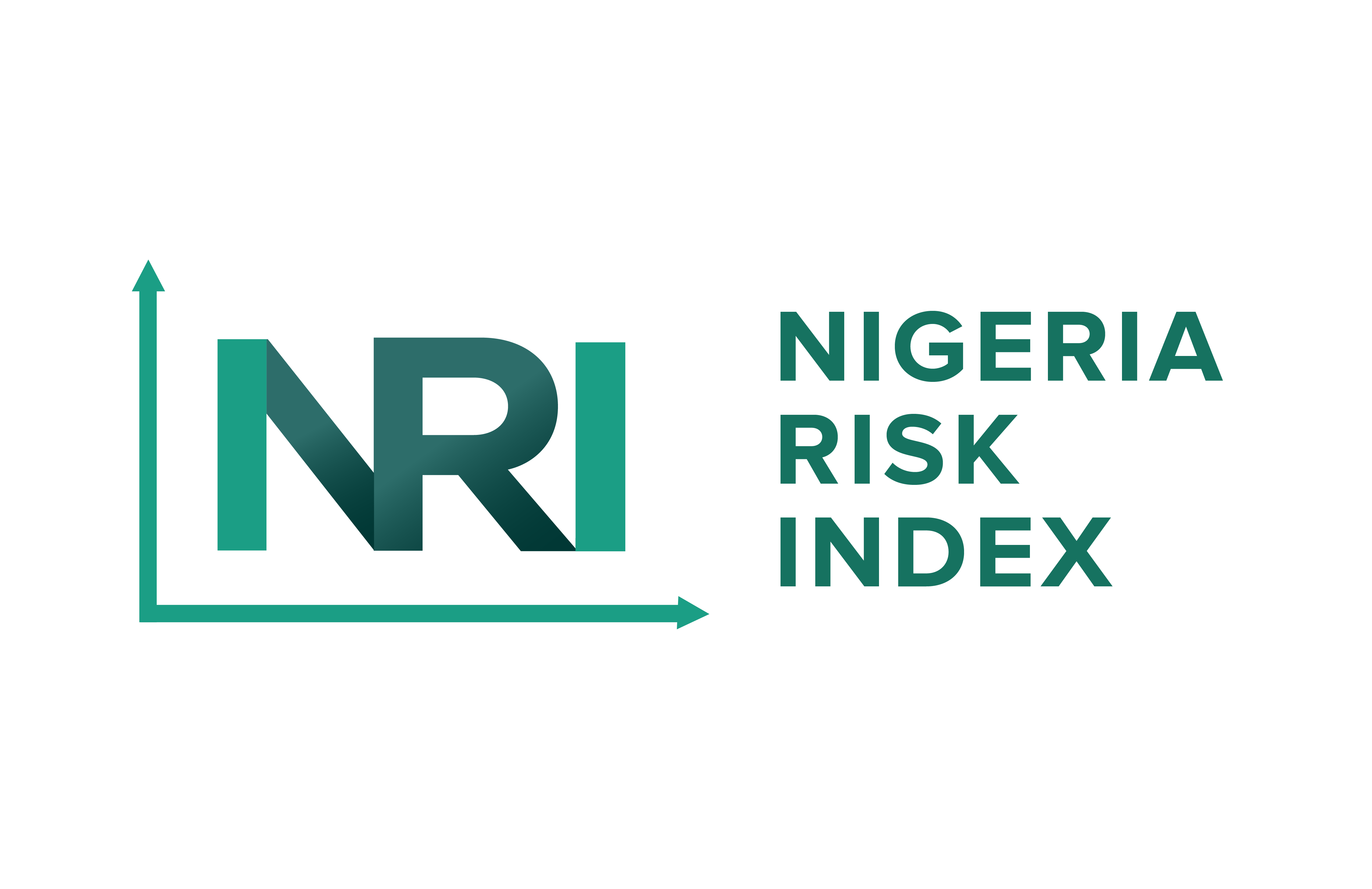Insights
As of April 2025, regulatory uncertainty remains a formidable risk for businesses operating in Nigeria. While the government continues to promote economic reforms aimed at improving the ease of doing business, persistent challenges around corruption, opaque procedures, and inconsistent policy enforcement continue to undermine investor confidence and operational efficiency.
Nigeria's regulatory environment is often described as fragmented. Agencies frequently issue overlapping directives, while sudden policy reversals and weak institutional coordination create confusion for businesses. In March 2025, the abrupt suspension of multiple import licenses for pharmaceutical products citing quality control left many distributors stranded with goods at ports, incurring demurrage and supply chain delays. Similarly, changes to compliance requirements in the energy and fintech sectors have led to costly realignments for firms already struggling with macroeconomic headwinds.
Corruption continues to be a structural risk. Despite renewed commitments to anti-corruption reforms by the Tinubu administration, businesses still encounter bottlenecks in obtaining licenses, permits, and regulatory clearances. According to Transparency International’s latest Corruption Perception Index released in February 2025, Nigeria ranked 148 out of 180 countries, a marginal improvement from previous years but still reflective of deep-rooted systemic issues.
For foreign investors, regulatory ambiguity compounds concerns about legal protections and dispute resolution. Tax compliance remains a particularly sensitive issue, with conflicting interpretations between federal and state revenue agencies often resulting in double taxation or protracted legal tussles. The recent tightening of tax enforcement by the Federal Inland Revenue Service (FIRS), though aimed at widening the tax base, has triggered anxiety among small and medium enterprises lacking the capacity to manage abrupt audits.
To navigate these risks, businesses are increasingly adopting compliance-by-design models, embedding regulatory foresight into operational planning. Legal risk mapping, stakeholder engagement, and real-time policy monitoring are becoming standard practice for firms aiming to stay ahead of disruptions. While Nigeria remains a market of strategic interest, sustainable operations now depend on how well businesses can read the regulatory terrain and respond with agility.

The Risk Control Team
Related Blog Posts
- GENOCIDE OF CHRISTIANS – IS NIGERIA GUILTY AS CHARGED?
- Is Nigeria under President Tinubu’s Administration, Finally Controlling Its Economic Risks?
- Northern Nigeria’s Peace Deals With Bandits: Truce or Time Bomb?
- The Dangote-Transporters Impasse: A Clash of Modernisation and Tradition
- Nigeria’s Mandatory Taxpayer Identification Number (TIN)Policy
